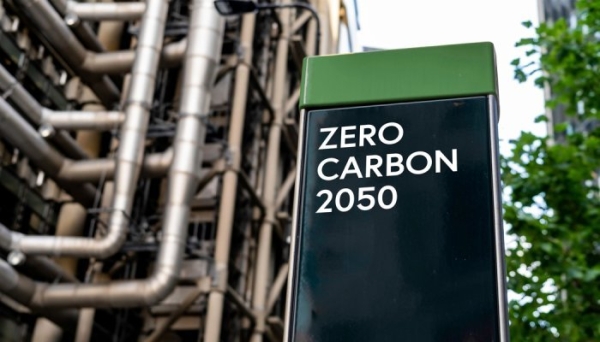
While more countries, companies and cities are setting net-zero targets, many of their pledges to slash carbon emissions lack integrity, said a study published on Monday, September 23 by Net Zero Tracker.
A research partnership gathering four organisations, Net Zero Tracker annually reviews the climate pledges of more than 4,000 governments, states, cities, and major corporations. Nearly 60 percent of the approximately 2,000 listed companies under its watch have vowed to eliminate their carbon footprints, it said: 23 percent up on its last assessment in 2023.
“Progress has been made, but we need much more,” said Catherine McKenna, chair of the UN high-level expert group on net-zero commitments. “We have to be more ambitious.”
While the number of companies with no plans whatsoever to slash emissions has “reduced substantially”, nearly half of the world’s largest 100 private firms have decided against setting climate targets, it added.
Indeed, private firms lag behind their public counterparts: 82 of the 100 largest publicly-listed companies have net zero or emissions reductions targets, while 40 private companies, with combined annual revenues of more than $2 trillion, have net zero targets (from almost $5 trillion of aggregate annual revenues earned by the top 100). French hypermarket chain E.Leclerc, and Spanish supermarket chain Mercadona, for instance, are among the EU-based private companies assessed that have no emission reduction targets.
As far as countries are concerned, 148 countries in all have set net-zero goals, Net Zero Tracker added. Azerbaijan however — this year’s host of the UN climate negotiations in November — was a “notable exception”.
A growing number of state governments and cities had their own targets, 28 percent and 8 percent more respectively compared to the previous year. But “fewer than 5 percent of entities across companies, states and regions, and cities” met the minimum required criteria, the report added.
This includes explaining how goals will be met, setting interim targets and covering all greenhouse gas emissions — not just CO2 — to demonstrate the credibility of these pledges. Too many companies, for instance, rely mainly on carbon credits, the effectiveness of which is disputed, and do not invest enough in reducing their global emissions.
The Paris agreement calls for capping global warming at 1.5 degrees Celsius above levels in the late 19th century, when burning fossil fuels began to seriously heat up the planet.
To stand any chance of meeting this goal and avoiding the worst impacts of climate change, scientists agree that global emissions must be nearly halved by 2030 and reach net zero around mid-century.
Any leftover carbon pollution must be removed, by for example capturing CO2 in the atmosphere.
